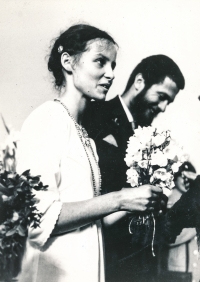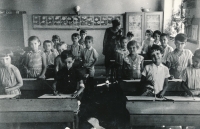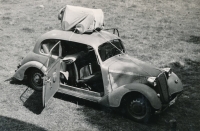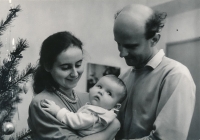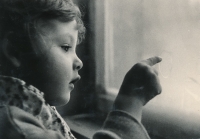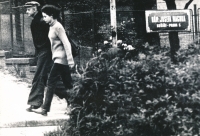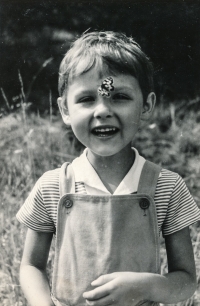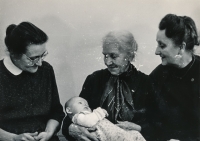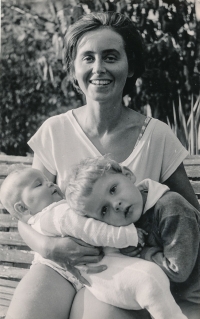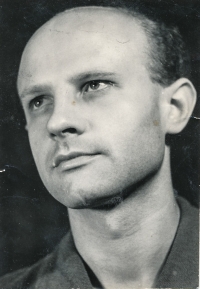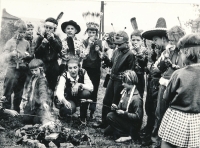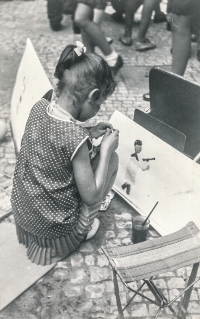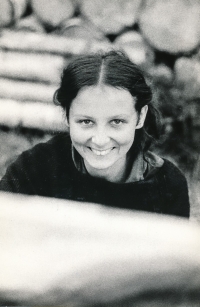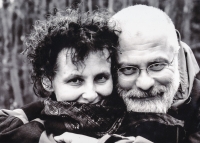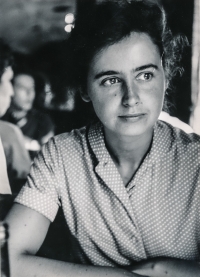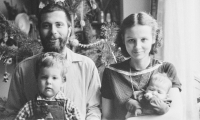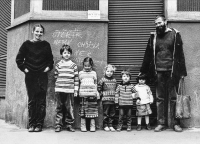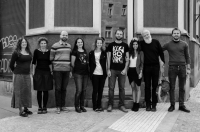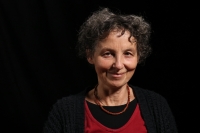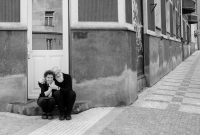We live life in every moment
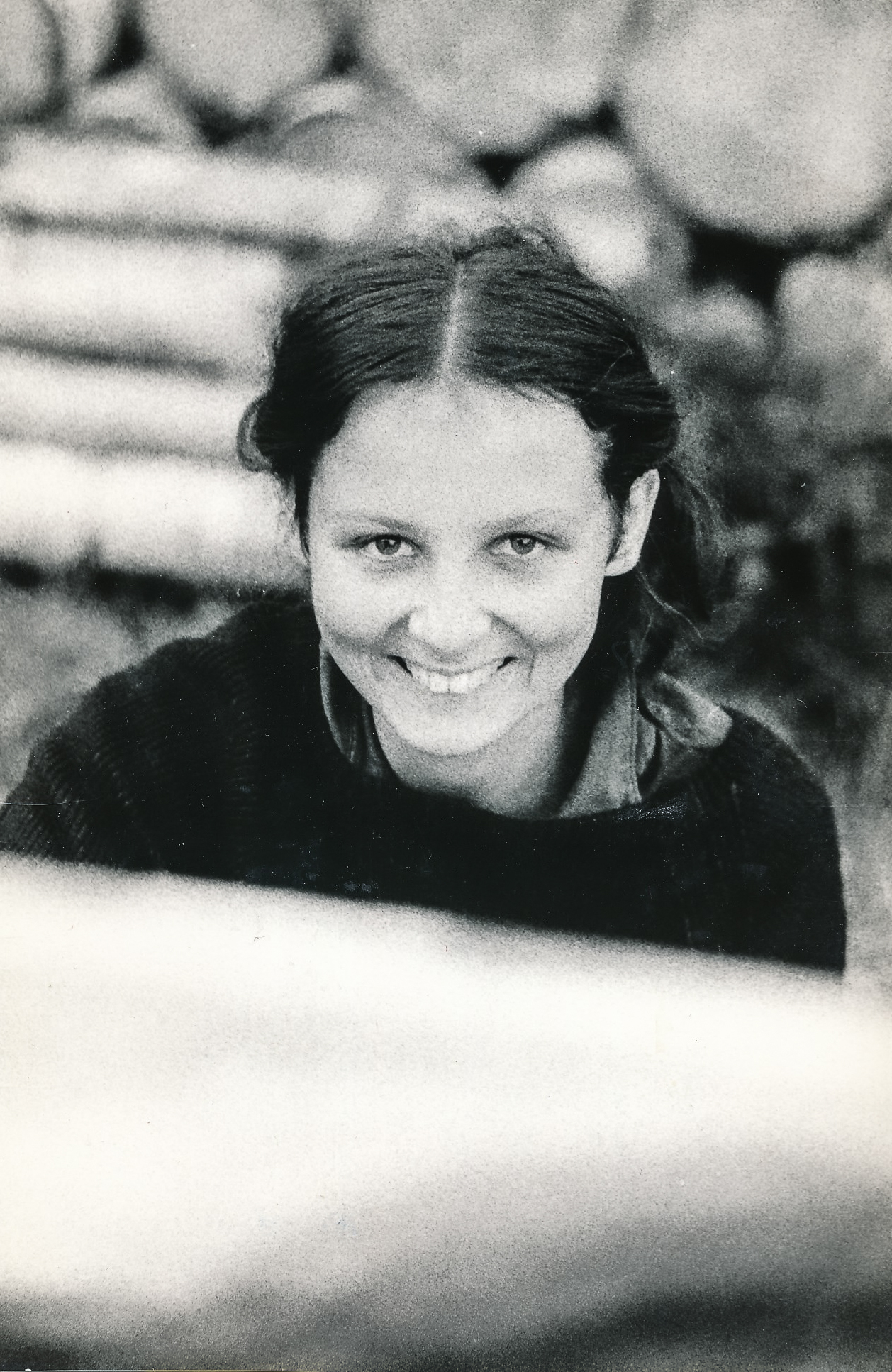
Download image
Martina Špinková was born on 26 June 1959 to Jiří and Zdeňka Pilk in Prague. Her parents met in the Kruh scouting community and have been committed to its principles all their lives. Her father was imprisoned for half a year in the 1950s for this activity. They were both musicologists and this determined the life of the family. Martina Špinková was close to music and dance, but her greatest passion was painting. Despite difficulties with admission to high school and university, she managed to graduate from the University of Applied Arts in Prague. Already at high school she met her husband Štěpán Špinka, later a doctor and philosopher. Together they raised seven children, five of their own and two adopted. In the 1980s, they participated in demonstrations and housing seminars and later began to organize them themselves, often with lectures by the priest Josef Zvěřina. After the Velvet Revolution, Martina Špinková worked as an art editor at the Portál publishing house and also devoted herself to her children. Already at that time she was taking care of her seriously ill father and others who were dying. With her husband and friends, they perceived the needs of people at the end of life that could not be met in the hospital. This eventually led them in 2001 to found the home hospice Cesta domů, where Martina Špinková served as director until 2012. From 2014 to 2021 she ran the publishing house Cesta domů, whose main aim is to raise awareness, i.e. to bring dying back into our lives and to stop fearing it. She has written several books on the subject, mainly for children. She is also the author of a number of illustrations and would like to do more freelance work in the future. At the time of filming (2021) she was living in Prague.
